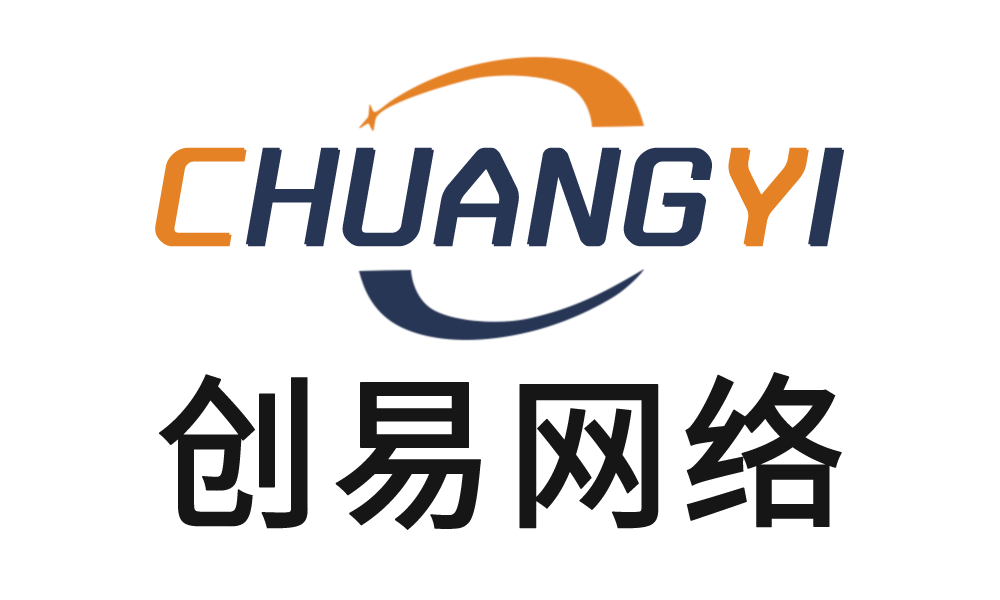人工智能的利与弊(人工智能的利与弊英文)
The Pros and Cons of Artificial Intelligence

Introduction
Artificial Intelligence (AI) has become a prominent topic in today’s technological landscape. With advancements in machine learning and innovative algorithms, AI has the potential to revolutionize various industries and aspects of our lives. However, like any technology, AI also comes with its share of advantages and disadvantages. In this article, we will explore the pros and cons of artificial intelligence and its implications for society.
Pros of Artificial Intelligence
1. Automation and Efficiency: One of the key benefits of AI is its ability to automate tasks and optimize efficiency. By developing intelligent systems, AI can perform tedious and repetitive tasks with great accuracy and speed, saving time and resources for businesses and individuals.
2. Improved Decision Making: AI systems can process large amounts of data and extract valuable insights, enabling better decision making. This can be particularly useful in fields such as healthcare and finance, where AI algorithms can analyze medical records or financial patterns to identify potential issues or opportunities.
3. Enhanced Safety: AI-powered technologies can significantly improve safety across various domains. For example, self-driving cars equipped with AI algorithms can enhance road safety by reducing human errors and improving response times to potential risks.
4. Personalization: AI has the potential to provide tailored and personalized experiences to users. From personalized recommendations on streaming platforms to customized shopping experiences, AI algorithms can analyze user preferences and behaviors to deliver personalized content and services.
Cons of Artificial Intelligence
1. Job Displacement: One of the major concerns surrounding AI is the potential loss of jobs. As AI becomes more advanced, certain jobs may become automated, leading to unemployment and economic challenges for individuals and communities. It is crucial to address this issue by retraining and upskilling the workforce to adapt to the evolving job market.
2. Ethical Considerations: AI raises important ethical questions regarding privacy, bias, and accountability. For example, AI algorithms may inadvertently perpetuate existing biases or invade individuals’ privacy by collecting and analyzing personal data. It is essential to develop robust ethical frameworks and regulations to ensure responsible and fair AI implementation.
3. Dependence on Technology: As AI becomes more integrated into our lives, there is a risk of over-reliance on technology. This dependency can lead to vulnerabilities, such as cybersecurity threats or a lack of critical thinking skills. It is vital to maintain a balance and ensure that AI is used as a tool to augment human capabilities, rather than replace them entirely.
4. Lack of Emotional Intelligence: While AI can simulate certain human-like behaviors, it lacks the emotional intelligence and intuition that humans possess. This limitation can impact areas such as customer service or creative industries, where human connection and intuition are essential.
Conclusion
Artificial Intelligence holds immense potential to transform various aspects of our lives. From automation and efficiency improvements to personalized experiences, AI offers numerous benefits. However, it is important to address the challenges it presents, such as job displacement, ethical considerations, and maintaining a balance between technology and human capabilities. By recognizing and mitigating the drawbacks, we can harness the power of AI for the greater good and create a future where humans and intelligent machines coexist harmoniously.
创业项目群,学习操作18个小项目,添加微信: zgshops 备注: 学习
如若转载,请注明出处:https://www.zgshops.com/276.html
